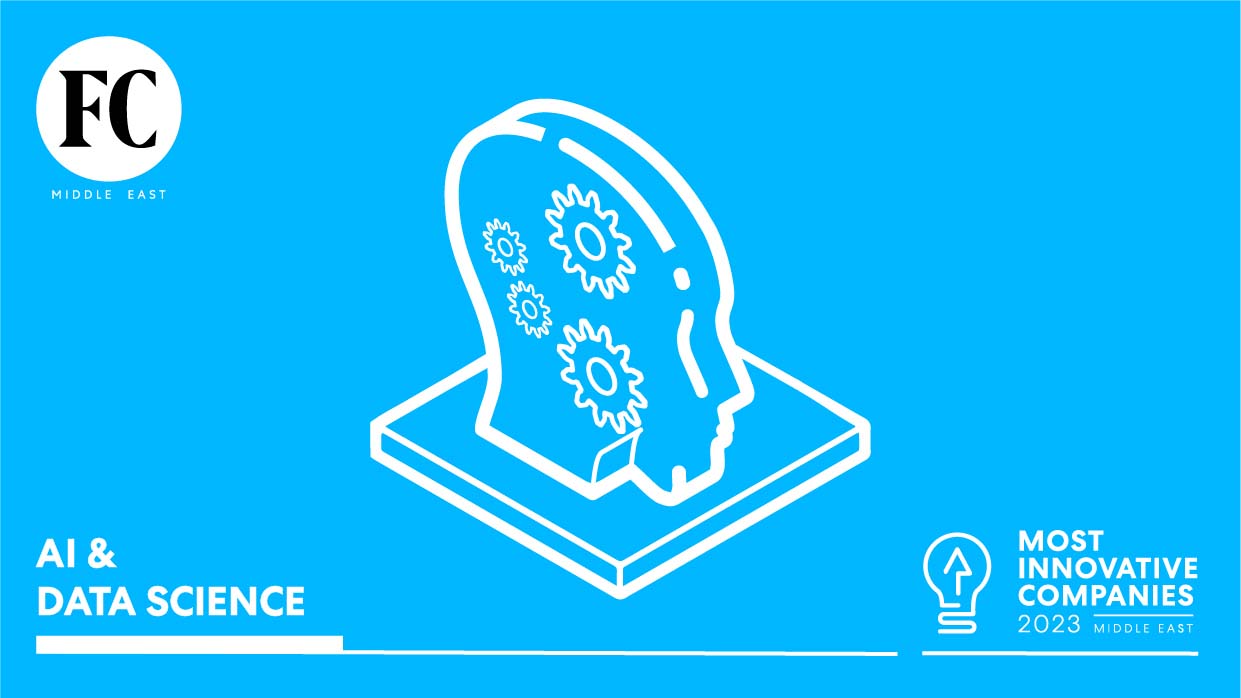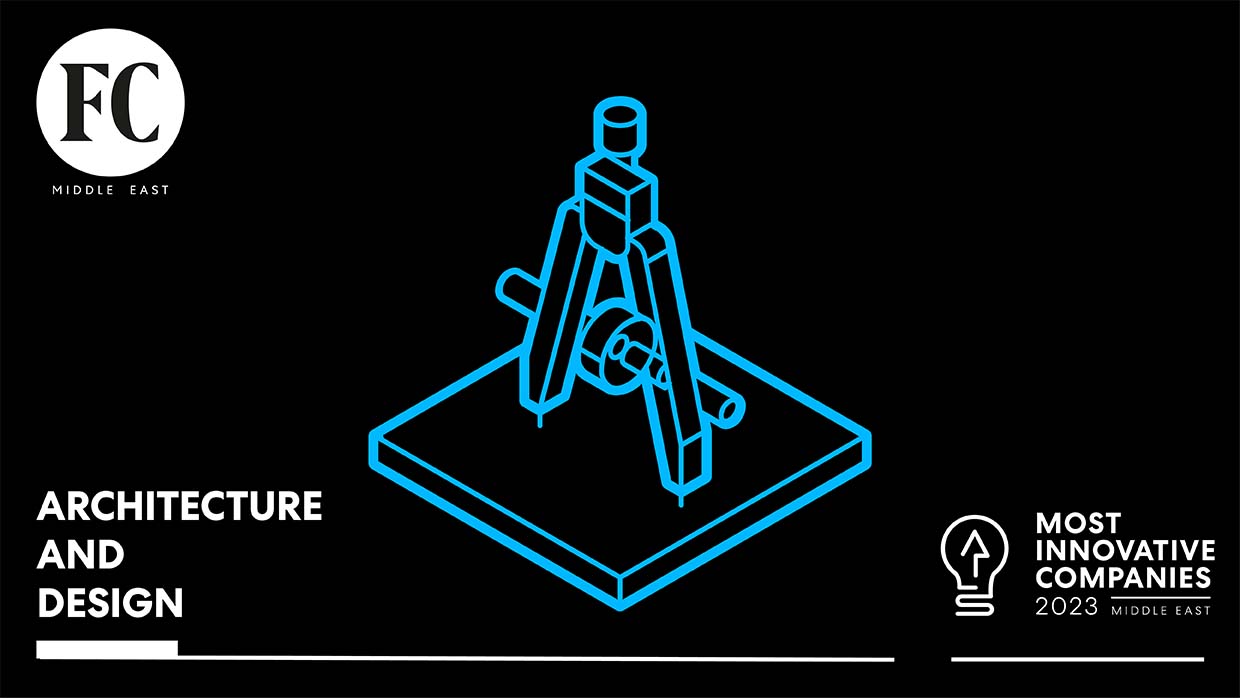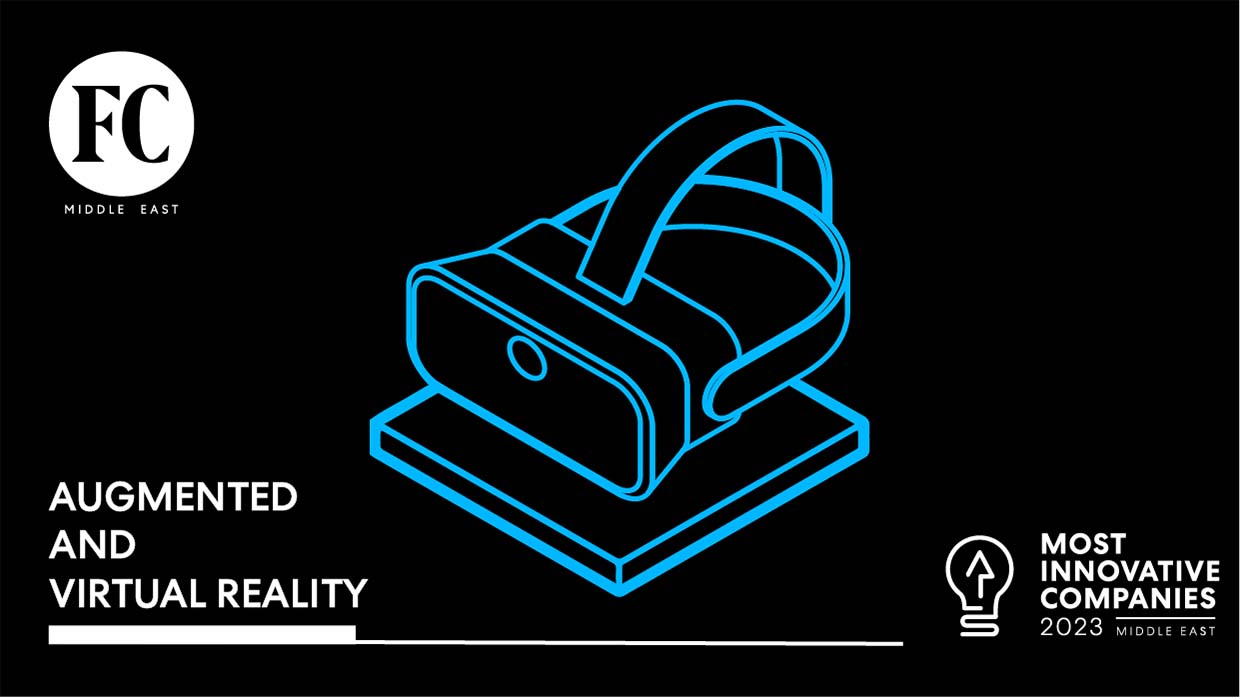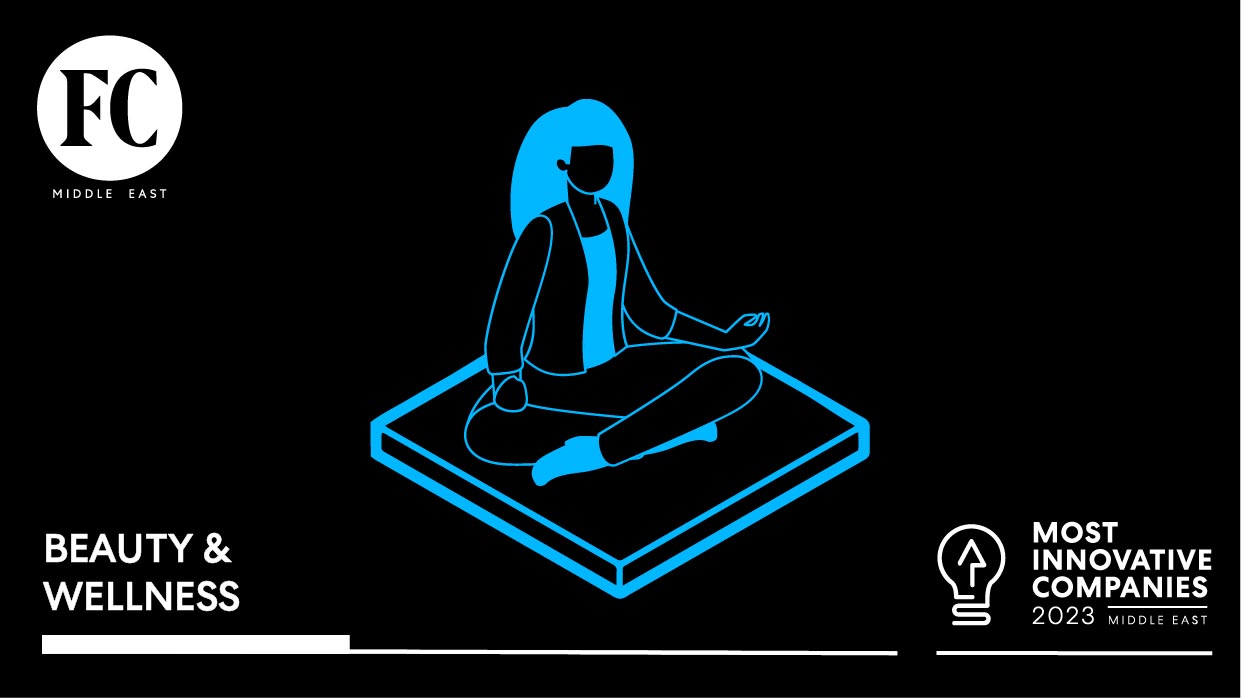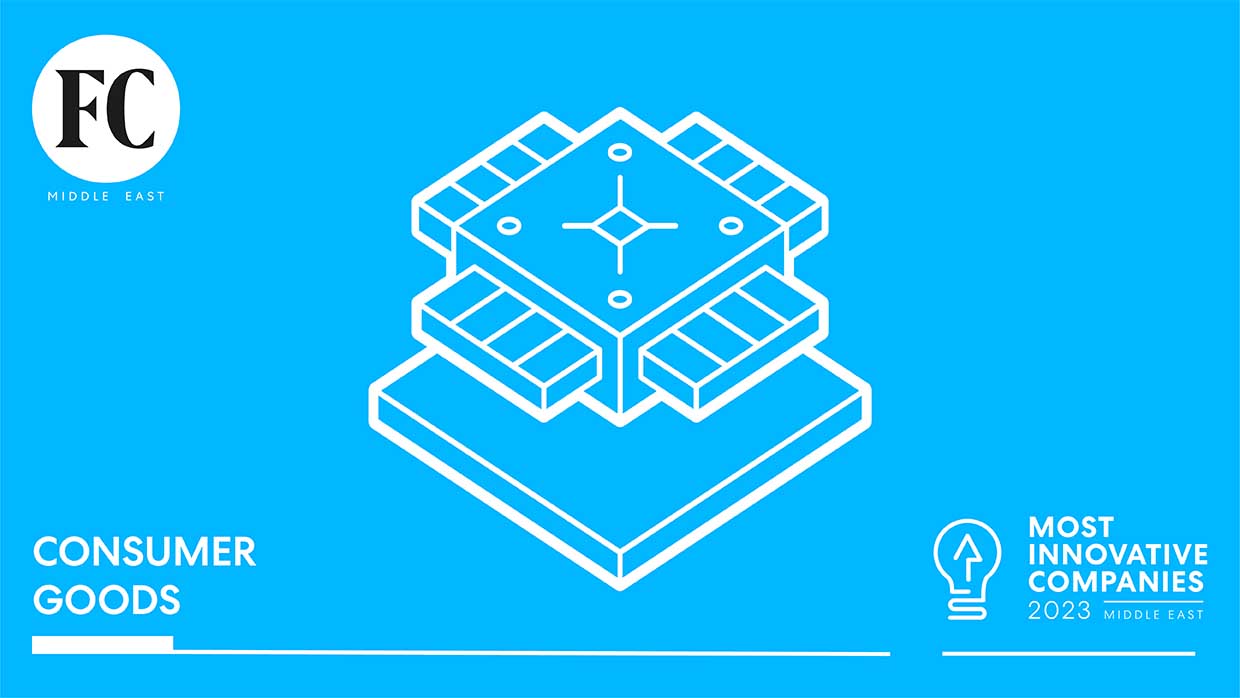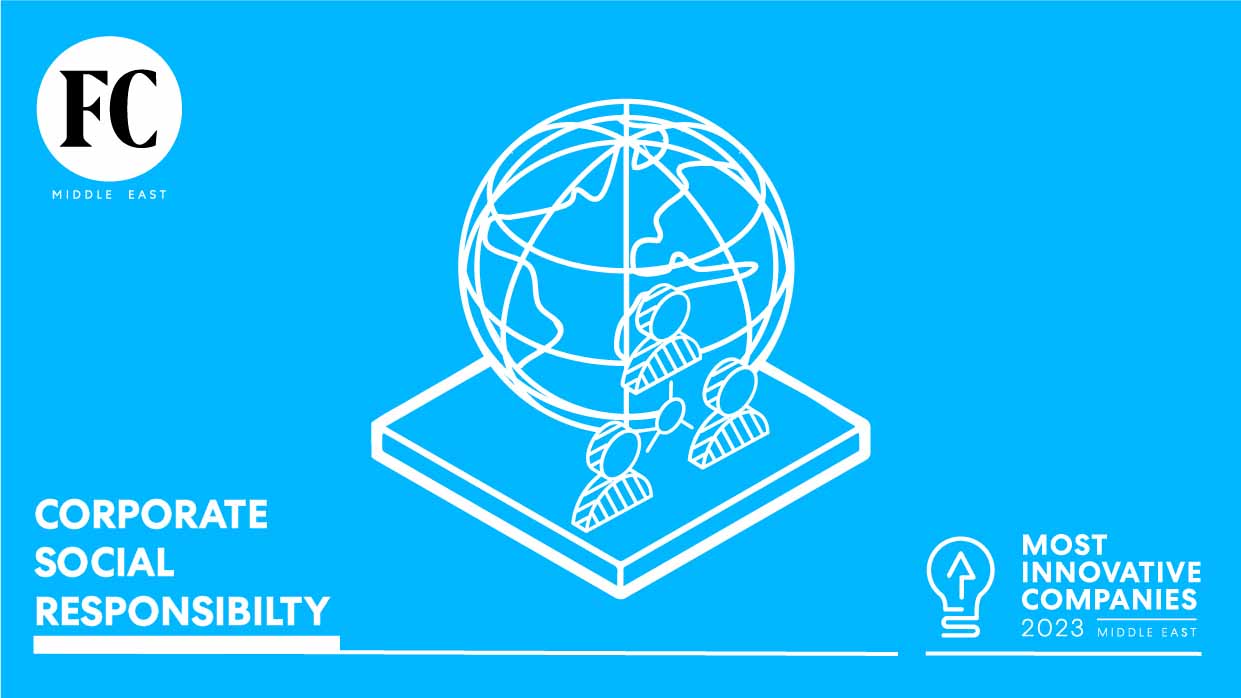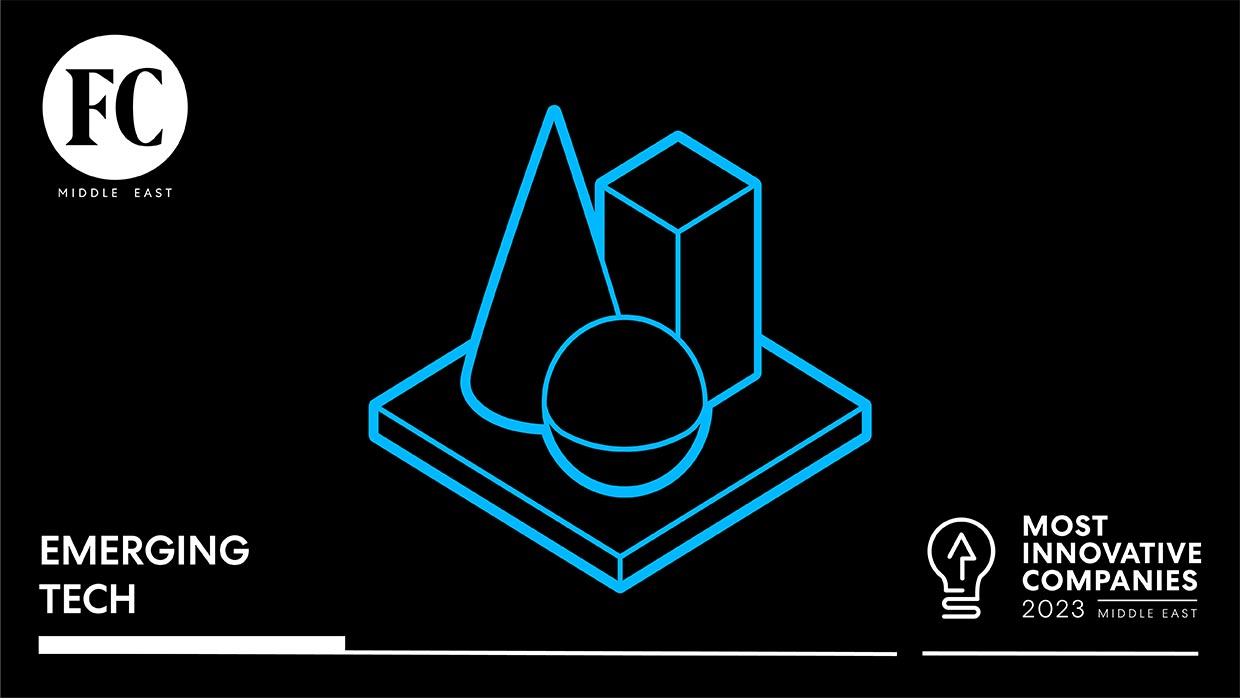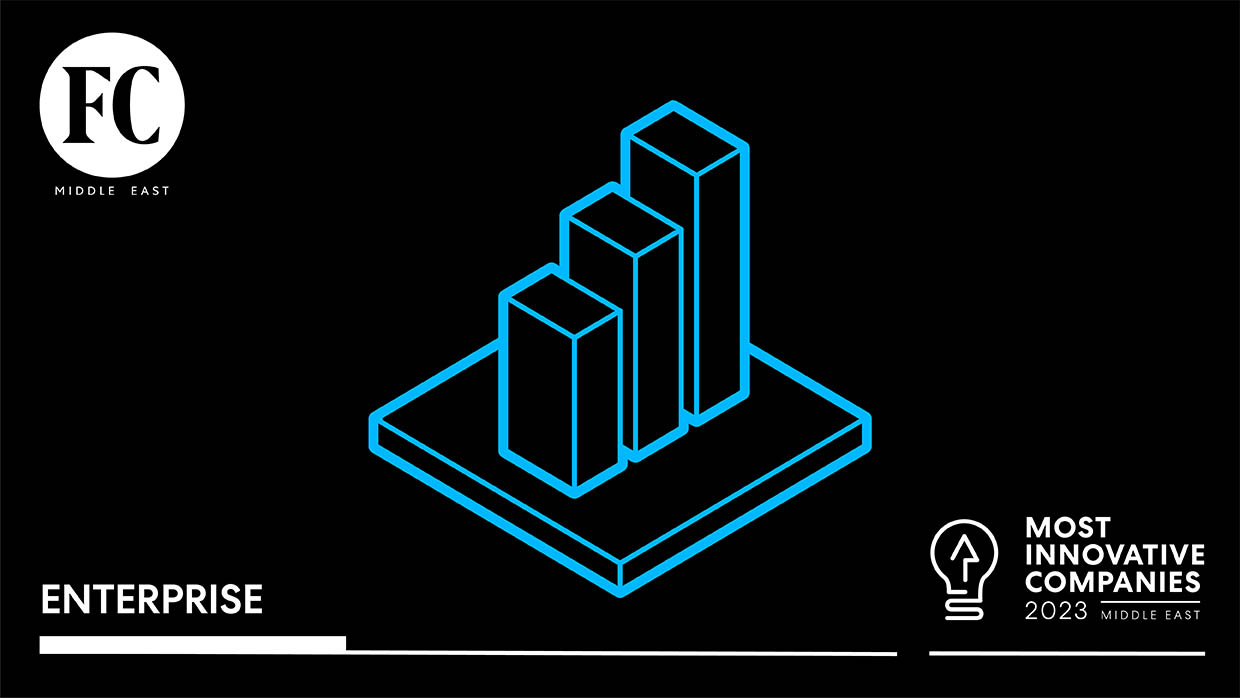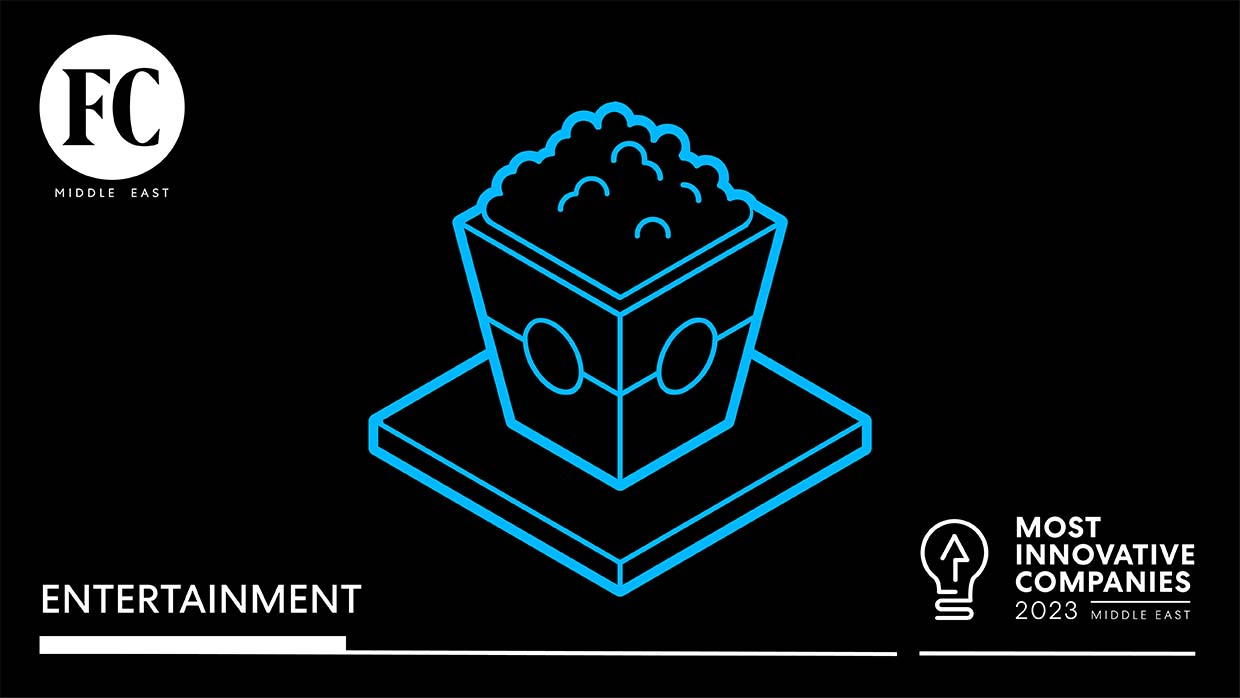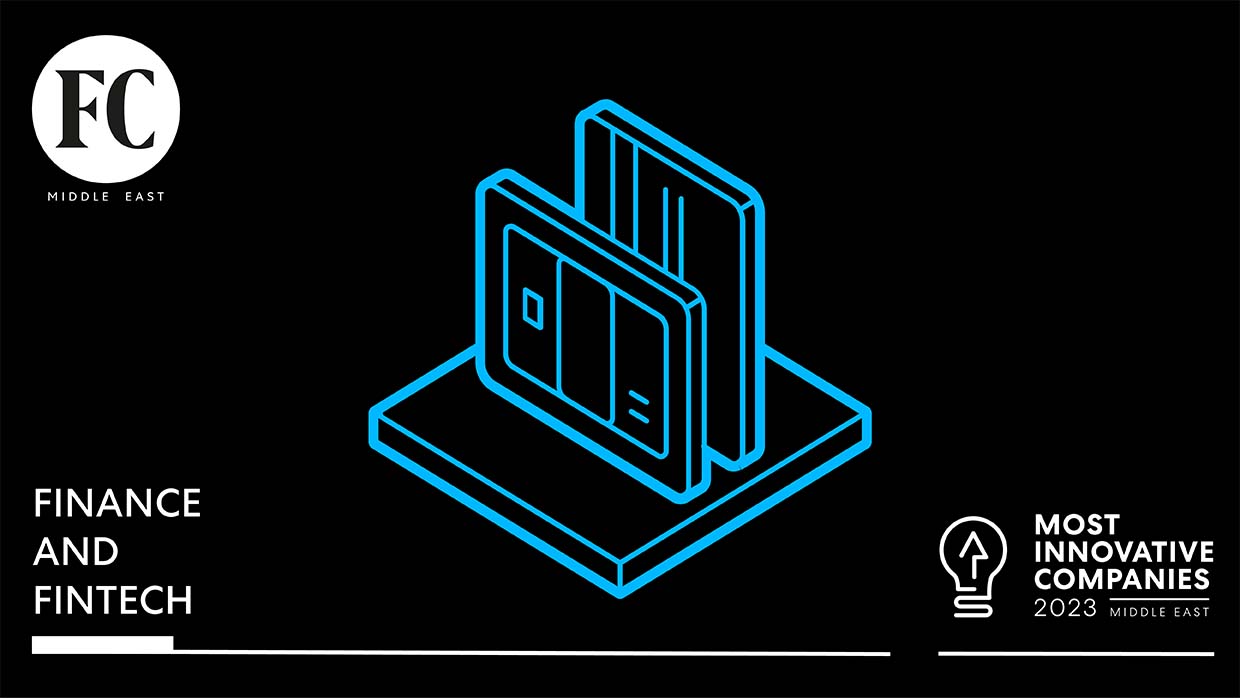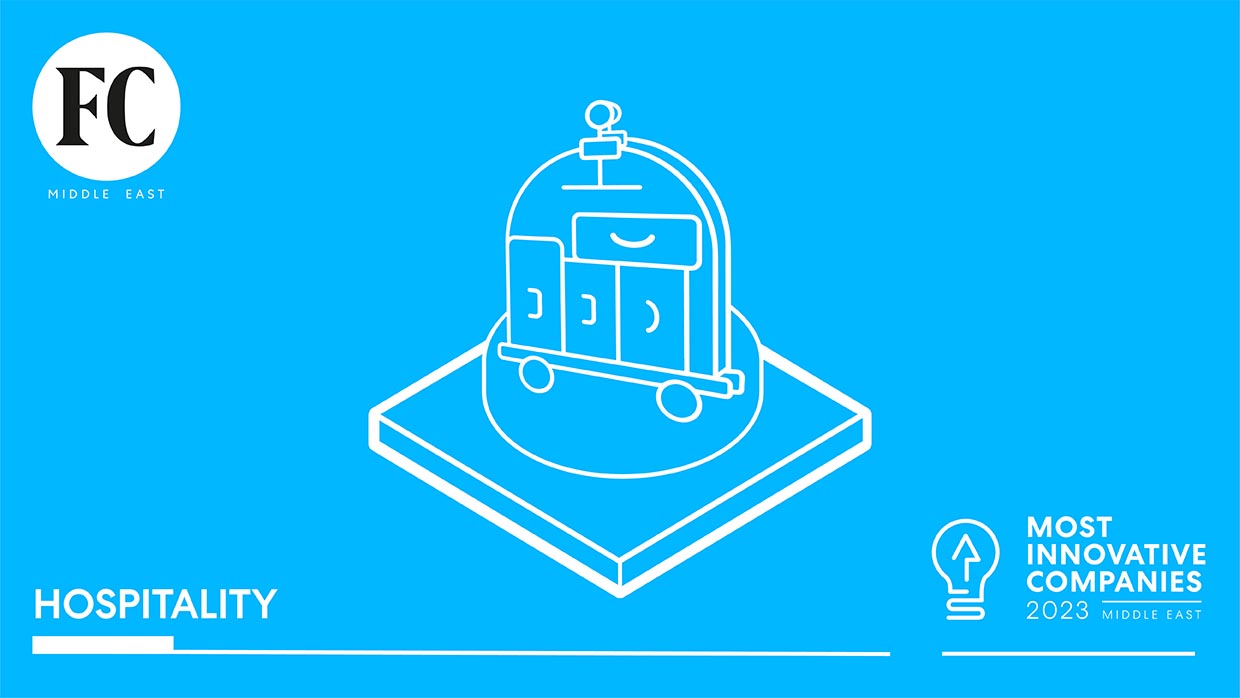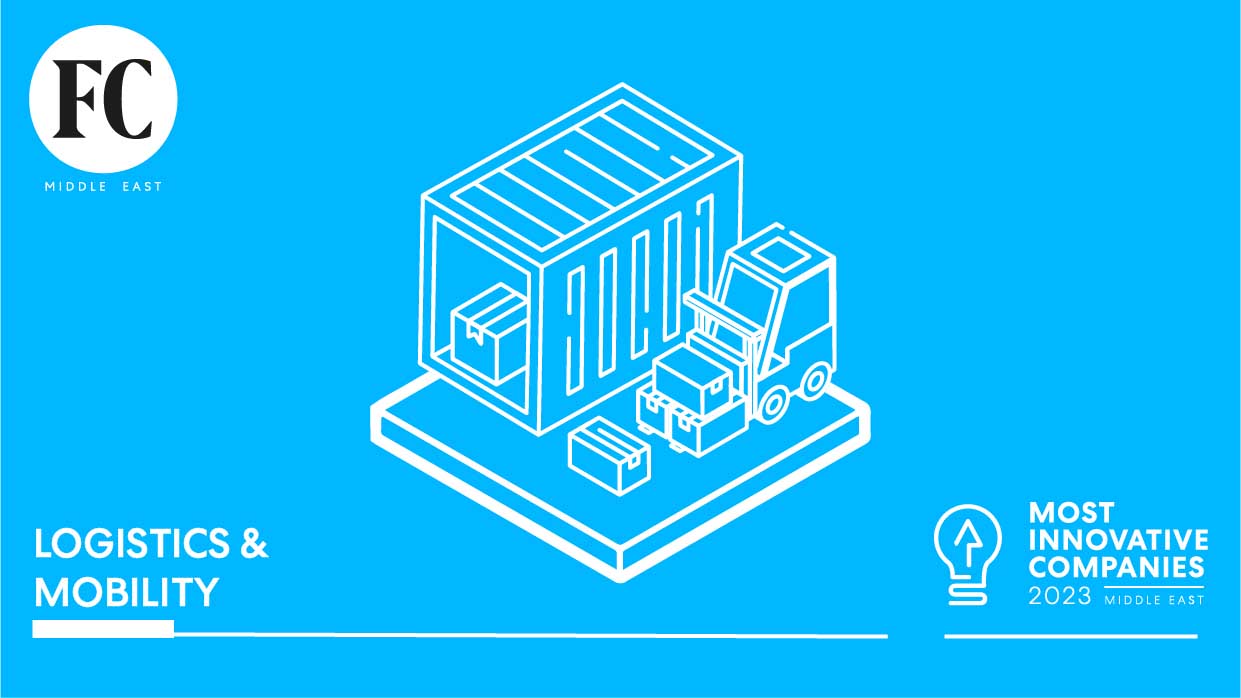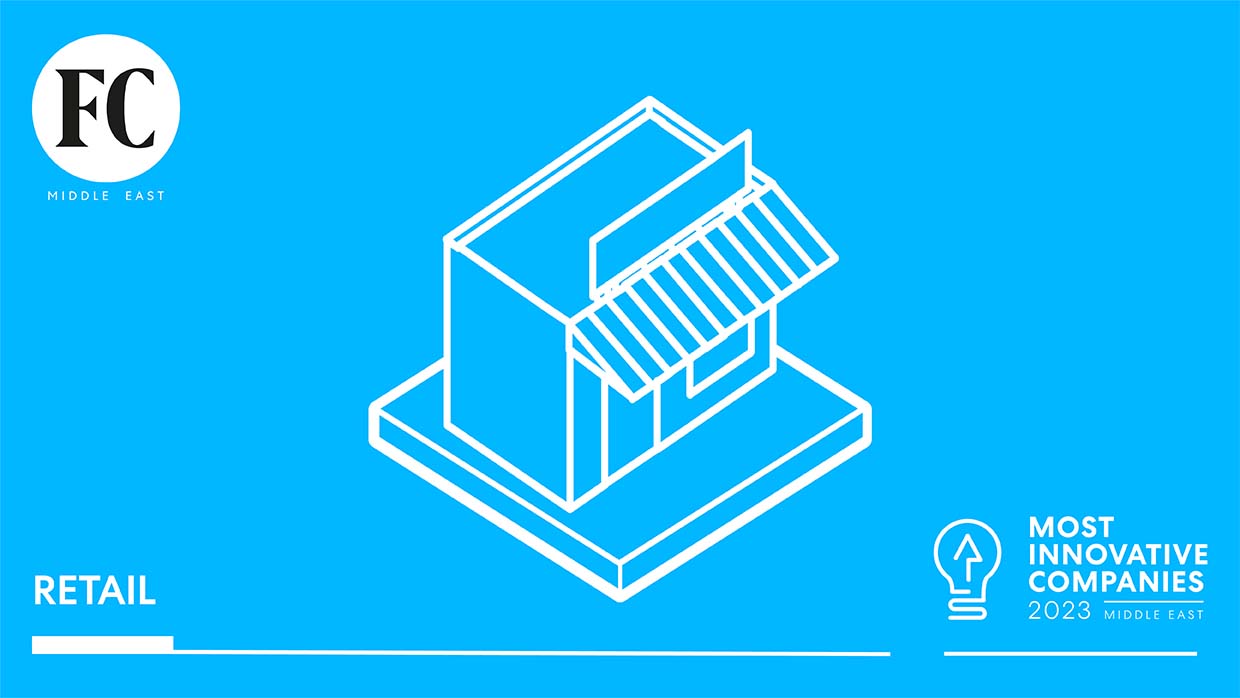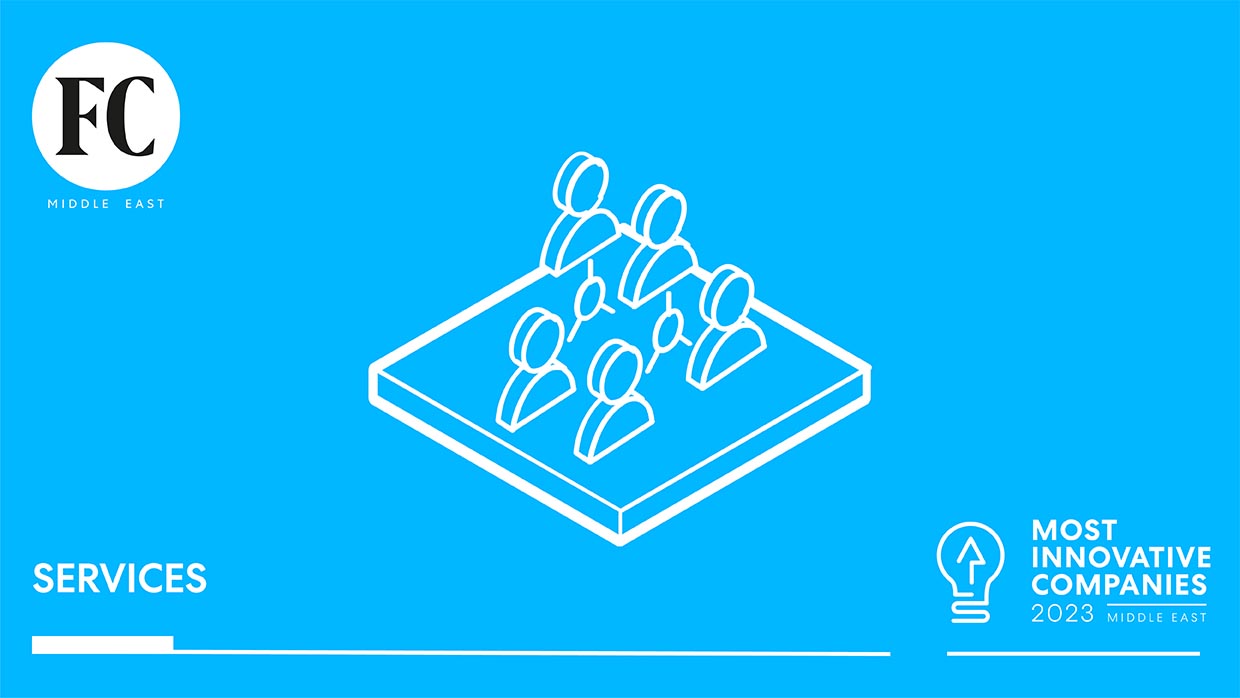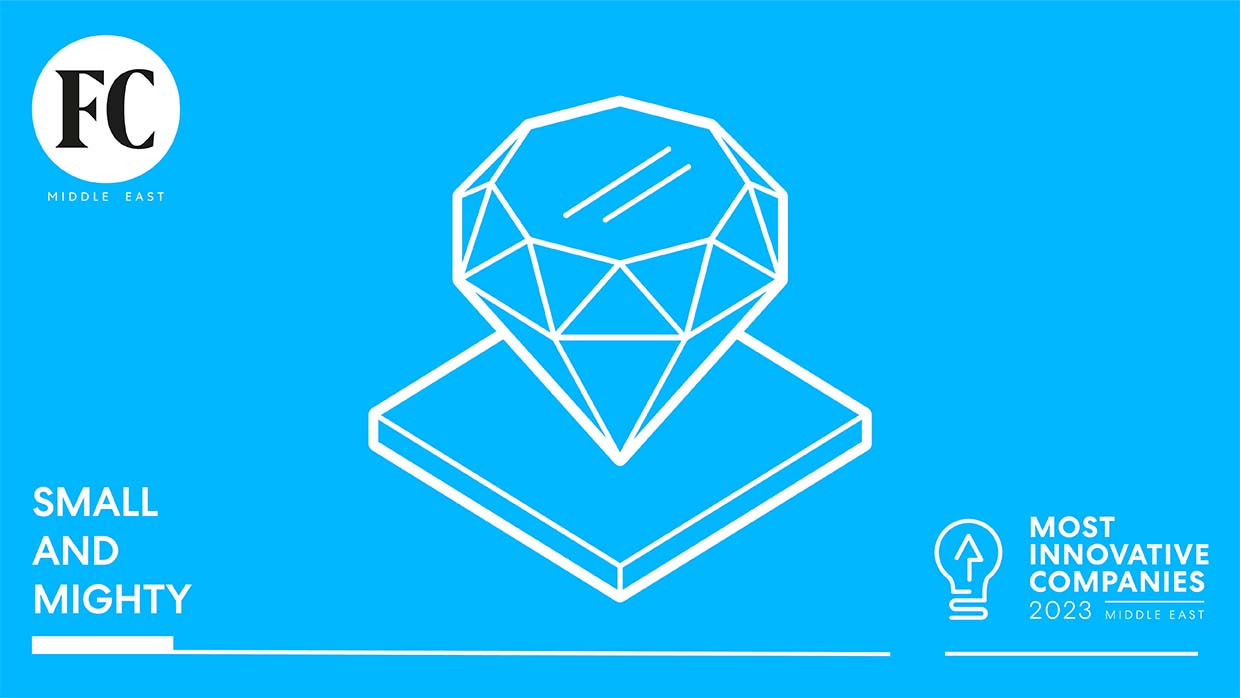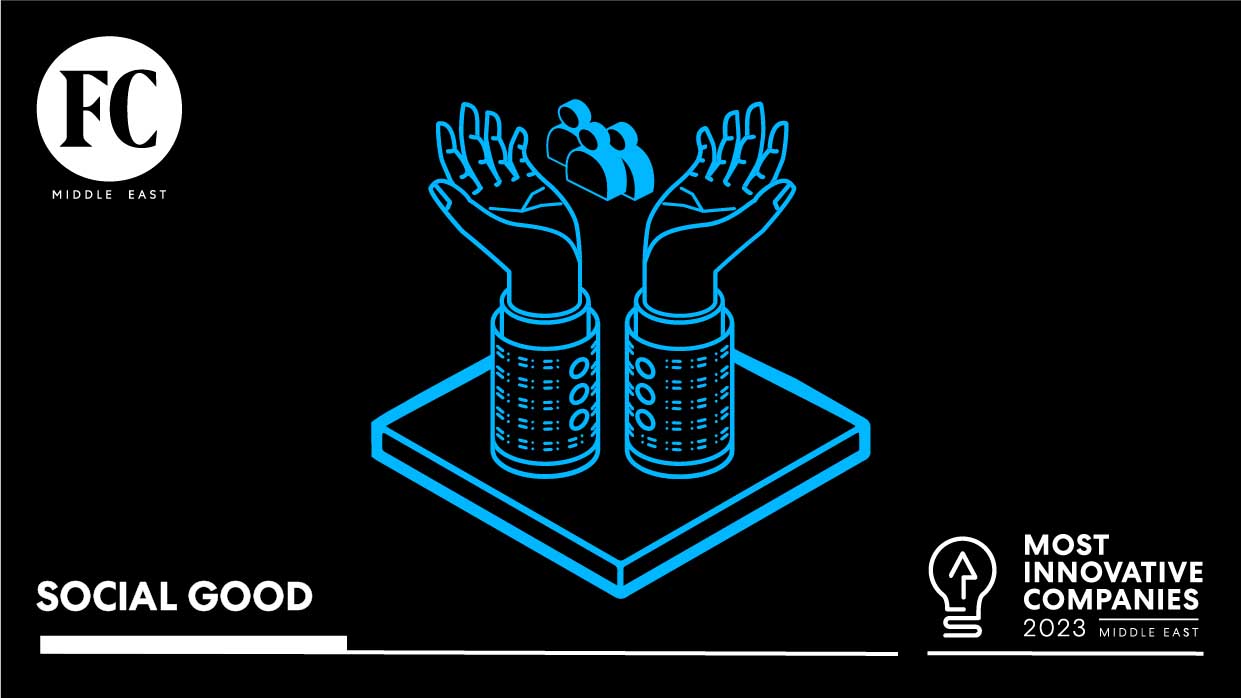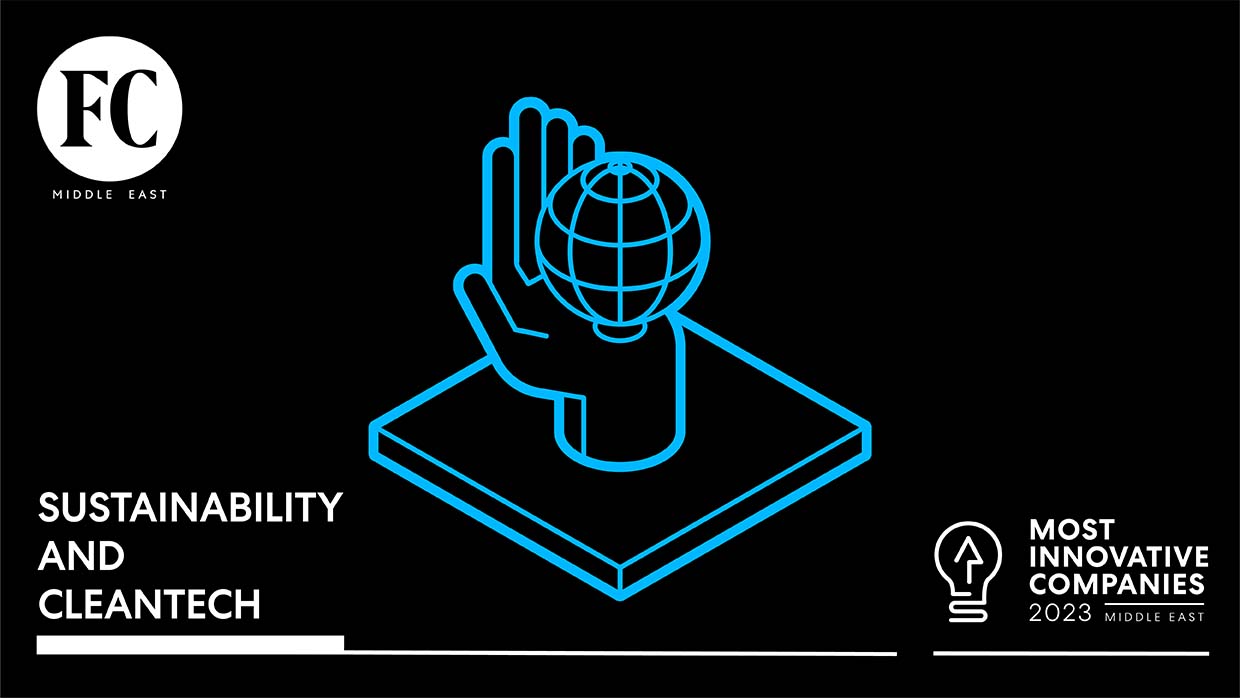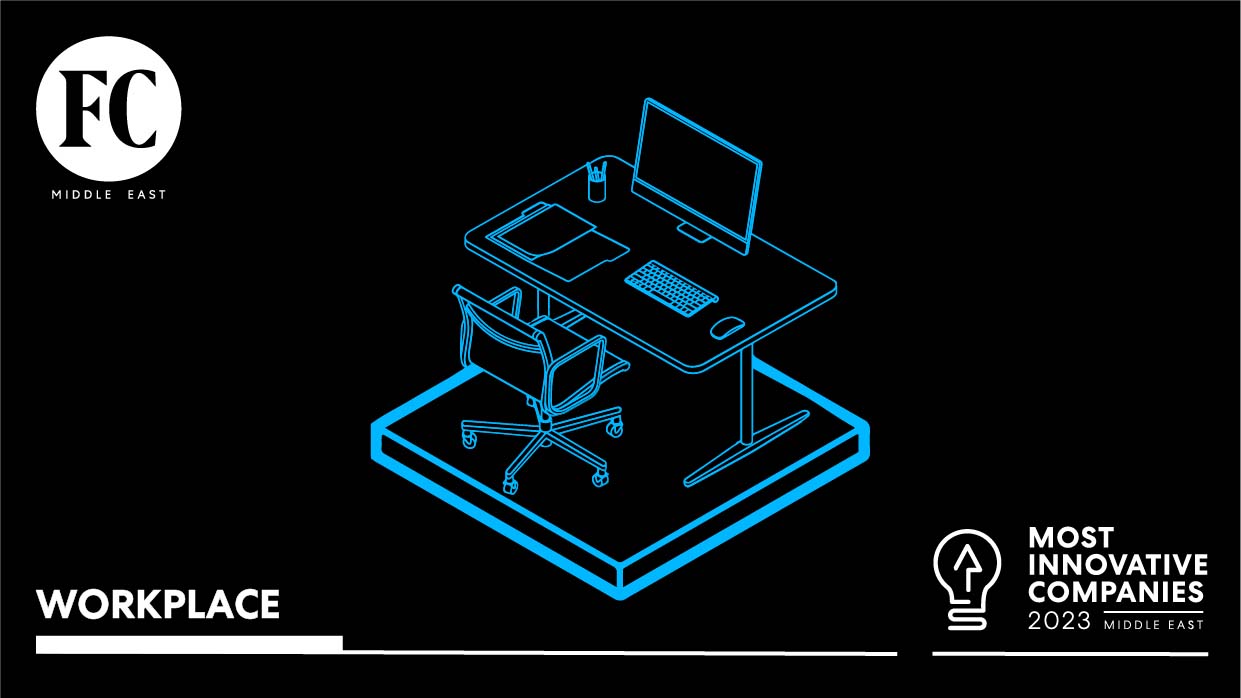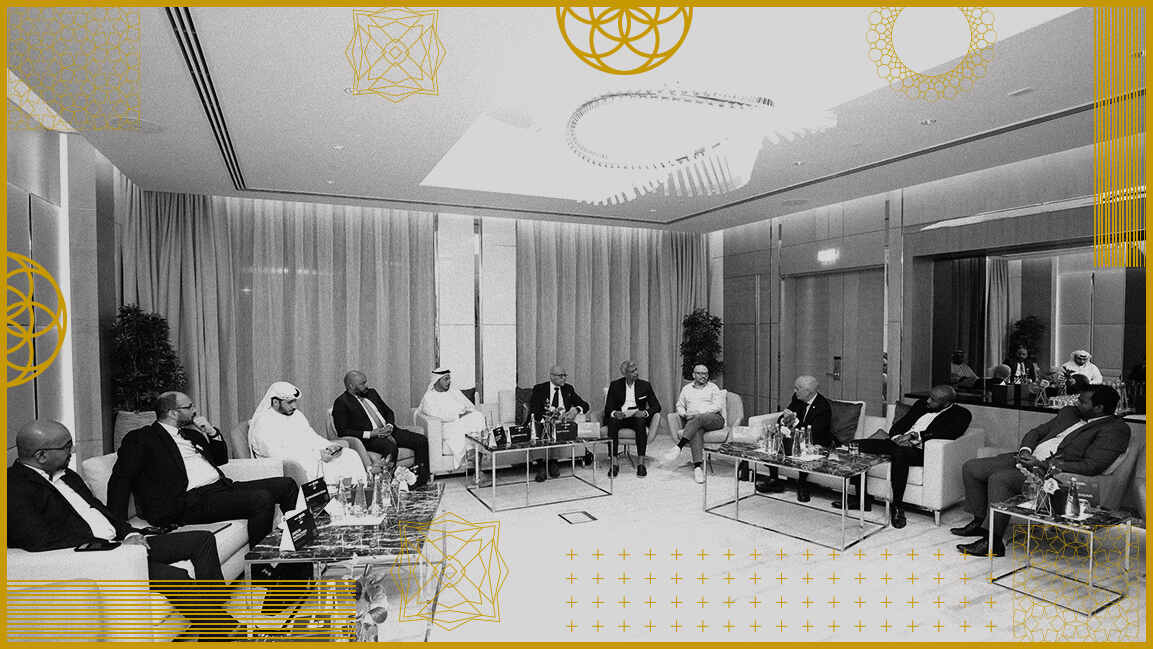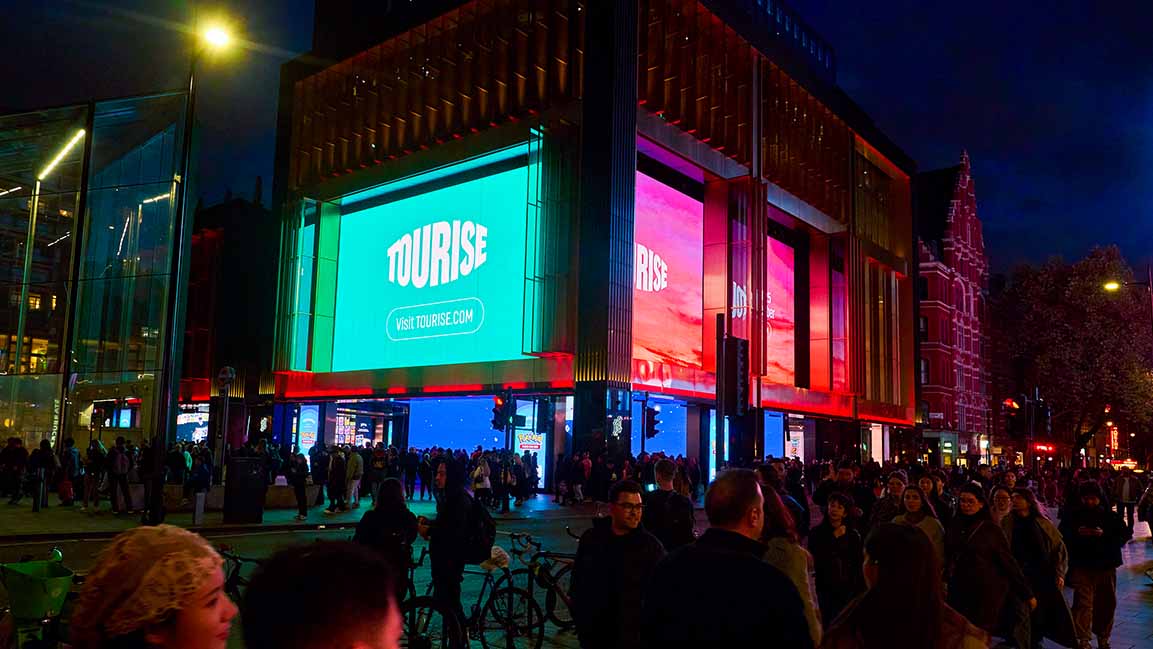25 leaders in the Middle East share ideas for building a winning company culture in 2025
Industry leaders consider employee development, neurodiversity, and healthy work-life balance as cornerstones of a healthy company culture.
Innovation has been a central focus for many organizations in recent years. However, many must recognize that innovation often relies less on technology and more on the people within these organizations. Employees’ ideas, creativity, and dynamics are the true driving force.
One of the most effective ways to cultivate innovation is to nurture a positive company culture where employees feel empowered, supported, and encouraged to be productive and creative.
So, how can organizations build a strong company culture that inspires their employees?
To address this, industry leaders share their strategies and insights organizations should adopt to foster a culture of innovation that attracts and retains top talent.
FLAT HIERARCHIES WITH MERITOCRATIC VALUES
Aahan Bhojani, CEO, Silkhaus
A successful company culture is rooted in an empowered and inspired team. I believe in flat hierarchies with meritocratic values, where the best ideas can come from anyone, regardless of their position or years of experience. The most effective teams are made up of individuals who build strong relationships and genuinely enjoy collaborating.
Leadership plays a crucial role in setting the pace of the culture. Organizations are as inspired as their leaders. Teams look to their leaders to provide direction and embody the values that define their work culture. At the same time, leaders often draw inspiration from the individuals within their teams. Leaders must practice inclusivity, prioritize employee well-being, and cultivate environments fostering creative thinking and innovation.
BALANCE OF RELIABILITY AND DISRUPTION
Abdulmajeed Alyemni, CEO and Co-founder, Salasa
Our culture thrives on a balance of reliability and disruption. Reliability is our ethos—our customers rely on us to fulfill our promises every time, without fail. It’s the bedrock of trust in logistics. But disruption is what drives us forward. We push the boundaries of what’s possible, continually rethinking how we deliver value, anticipating market shifts, and solving complex challenges.
Our leadership team is focused on fostering a culture of resilience and perseverance because these qualities are essential for long-term success, especially in our industry. We face challenges daily, and I encourage our teams to experiment, knowing that failure is part of the journey. It’s about building the confidence to adapt and keep pushing forward. I see it as my responsibility to mentor and empower the next generation of leaders, helping them navigate challenges and embrace opportunities.
EMPOWERED TO THINK CREATIVELY, TAKE CALCULATED RISKS
Ahmed Wadi, Founder and CEO, Moneyfellows
Cultivating an environment where transparent communication is encouraged at all levels of the organization. Encouraging a culture of innovation where employees are empowered to think creatively, take calculated risks, and swiftly adapt to changing market conditions.
Prioritize your employees’ well-being by offering support, fostering a healthy work-life balance, and providing opportunities for growth and development. Embrace diversity in all its forms and create an inclusive environment where every voice is valued. This will lead to a richer exchange of ideas and perspectives.
Promoting a culture of continuous learning and development where employees are encouraged to upskill, learn from their mistakes, and seek new challenges. Encouraging a sense of ownership and accountability among employees. Finally, upholding and reinforcing the company’s core values in all operations. These values form the foundation of the company culture and guide decision-making at all levels.
TRUST AND MEANINGFUL COLLABORATION
Alain El Hajj, Co-founder and Chief Operations Officer, Paymob
A successful company culture thrives on trust, continuous learning, and meaningful collaboration. At Paymob, cross-functional collaboration is our cornerstone. It allows teams to break silos, leverage diverse perspectives, and co-create innovative solutions that drive the company forward.
Our culture fosters individual and collective growth by encouraging shared ownership and accountability. This collaboration, along with our commitment to learning and simplicity, ensures that every decision is made with the bigger picture in mind.
Leaders are decision-makers but also enablers of growth. Through coaching, mentoring, and empowerment, our leaders bring out the best in their teams.
OPPORTUNITIES FOR TRAINING AND SKILL-BUILDING
Alice H. Chang, CEO, Perfect Corp.
We also aim to foster creativity, encouraging bold ideas and out-of-the-box thinking. We’re committed to ongoing learning and development. We invest in our team’s growth, providing opportunities for training and skill-building. These elements create a dynamic and inspiring work environment that nurtures creativity, fosters innovation, and drives our success.
As a leader, I believe setting a strong example is crucial. My executive team and I strive to create a culture where everyone feels valued and empowered. To achieve this, we focus on leading by example, building strong relationships, empowering our team, and celebrating employee success.
TRANSPARENCY IN COMMUNICATION
Amr Kawashti, Co-Founder and Managing Partner, In Your Shoe
A successful company culture, especially in the context of a streetwear fashion brand, hinges on several key elements. First and foremost, creativity and self-expression must be encouraged, as these are vital in the fashion industry. Team collaboration fosters innovation, allowing diverse ideas to shine. Additionally, inclusivity promotes a sense of belonging. Transparency in communication helps build trust, ensuring that employees feel valued and heard. Lastly, a strong alignment with the brand’s values—such as sustainability and local craftsmanship- motivates them to contribute actively to its mission.
Leaders must embody the brand’s values and set the tone for the workplace environment. Leaders can foster trust and collaboration by actively engaging with team members and encouraging open dialogue. Strong leadership cultivates a positive culture and ensures its sustainability, enabling the brand to thrive in a competitive market.
ALIGNING WITH A SHARED MISSION
Hassan Alnoon, CEO of Multiverse Innovation Consultancy and CTO of Botim
A successful company culture is built on a clear vision and core values that resonate deeply with leadership and employees. When the organization is aligned with a shared mission, it creates a sense of purpose that drives everyday actions and decisions.
Open communication fosters transparency and trust between all levels of the organization, making employees feel more engaged and valued. Empowering employees by giving them autonomy over work encourages innovation and personal investment in the company’s success. Creating a diverse and inclusive environment where all perspectives are appreciated leads to more creative problem-solving and stronger team dynamics.
An essential element in this environment is fostering a growth mindset, which stresses that everyone can improve and grow by putting in effort and focusing on learning. In addition to a growth mindset, creating an environment of psychological safety is crucial, where employees feel safe expressing their ideas, taking risks, and admitting mistakes.
EMPLOYEES WITH DIVERSE BACKGROUNDS
Helmut von Struve, CEO, Siemens Middle East
Cultural shifts must be inclusive and accessible to become part of our DNA.We understand that employees with diverse backgrounds are the most creative and efficient problem solvers.
Our initiative, Be Golden, equips employees with tangible positive behavior “hacks” to increase workplace wellness, engagement, and contentment.
This is achieved through initiatives centered around six pillars: fostering a positive culture, supporting mental well-being, encouraging engagement, promoting trust, cultivating a growth mindset, building strong interdepartmental relationships, and implementing DEI initiatives.
VALUES SHOULD BE A CONCISE AND MEMORABLE GUIDEPOST
Ismail Hafez, Chief Operations Officer, Rabbit
A successful company culture evolves with the company, remaining vibrant and relevant as it grows. A company’s values should be a concise and memorable guidepost, not a lengthy manifesto. A few well-chosen values can significantly impact a company’s culture. Recognizing and rewarding employees who embody these values reinforces their importance.
Leadership also sets the tone for a company’s culture. They are the architects, builders, and guardians of the cultural foundation. Regular one-on-one meetings are essential for building trust and open communication.
Hiring the right people is crucial for maintaining a positive company culture. It’s not just about skills and experience; it’s about finding individuals who align with the company’s values and can contribute positively to the team dynamic.
A SHARED SET OF EXPECTATIONS
John Keppler, Executive Chairman, Iyris
A shared set of expectations on outcomes (goals), behavior (professional and personal), and values forms the basis of a successful company culture. Clear, consistent communication and alignment about “what” we are doing, “why” we are doing it, and “how” we find doing it acceptable ensure that accountability can be well defined for both personal and company goals and that inconsistencies that can undermine interpersonal and professional relationships can be quickly identified.
Great leaders set the vision, strategy, and execution path for companies, and every word and action is an opportunity to reinforce culture by “walking the walk.” Making a positive cultural experience requires personal accountability as a leader and adopting a servant-leadership mindset—engaging with colleagues by asking questions about challenges or opportunities in a way that speaks, “How can I help you be more successful?”
NEURODIVERSITY IN THE WORKFORCE
Katharina Hicker, CEO and Founder, Castleforbes Communications, Co-Founder of Speakeasy
Communication stands as one of the most critical elements of any company culture. Too often, organization communication is reduced to newsletters, podcasts, or town halls. While these are necessary, they’re not enough. What’s missing is transparent, frequent communication that resonates at every level of the company.
Today’s Leadership requires vision and the ability to inspire and motivate diverse teams—reaching every individual, not just those who “speak their language.” Neurodiversity in the workforce is a growing opportunity. It reflects our colorful society, but it also demands that we rethink how we communicate. A one-size-fits-all approach to motivation has never worked, and it is less so now.
To build a truly successful culture, leaders and teams must become adept at understanding and embracing diverse communication styles. By doing so, they’ll foster inclusivity and unlock every team member’s full potential.
EMPLOYEE ENGAGEMENT AND EMPOWERMENT
Laurent Duffier, Managing Director, L’Oreal Middle East
A successful company culture starts with a purpose-driven culture. A strong culture starts with a clear understanding of the company’s purpose beyond profit. It also relies on articulated values. These are the core principles that guide decision-making and behavior within the organization. They shouldn’t just be words on a wall; they need to be actively lived and reinforced. Examples include integrity, innovation, teamwork, or sustainability.
A strong company culture also relies on employee engagement and empowerment. We encourage risk-taking. Employees might be empowered to experiment with new ideas and approaches, even if they don’t always succeed. Recognizing the importance of work-life balance demonstrates care for employees’ well-being and can lead to increased productivity and reduced burnout.
Finally, recognition and rewards. Recognizing and rewarding employee contributions, both big and small, fosters a sense of appreciation and motivates continued high performance, and we never miss the recognition time during our yearly kick-off meetings.
PRIORITIZE LISTENING, RESPECT DIVERSE PERSPECTIVES
Linda Murphy, Chief Growth Officer, Tactical
Company culture isn’t something you can dictate from the top—it’s a shared effort built on how we treat each other daily. Everyone plays a part, from the newest team member to the most seasoned player. Great cultures happen when we prioritize listening, respect diverse perspectives, and acknowledge the big and small wins across the team. Whether it’s through team-building activities, slack town hall big-ups, or just honest, everyday interactions, culture grows from how we show up and work together, not from what’s written in a handbook.
CELEBRATE WINS TOGETHER
Maryam Al Mansoori, Founder and General Manager, Rebound
Culture thrives when people feel empowered to contribute ideas without worrying about judgment. We make space for open conversations, celebrate wins together, and learn and move on as a team when things don’t go as planned. Flexibility is also huge—whether that’s allowing people to work in ways that suit them best or being open to new ways of thinking.
Your role is to set the tone but also to listen. It’s easy to think leadership is about making all the big decisions, but I’ve found that it’s about creating space for others to thrive. At Rebound, I focus on staying approachable and being real—if the team sees me being transparent and open, they’re more likely to do the same. It’s important to celebrate the small wins and learn from setbacks together. Leadership isn’t about having all the answers; it’s about guiding the team through uncertainty and encouraging people to feel confident enough to take risks and push boundaries.
INCLUSION AND DIVERSITY ARE CRITICAL
Medea Nocentini, Senior Partner at Global Ventures
A thriving company culture is built on a compelling vision and shared values. While leaders should set a clear direction, engaging the entire organization in embodying and defining those values is crucial. A bottom-up approach ensures a company’s culture resonates with everyone, resulting in greater employee engagement and retention.
Inclusion and diversity are critical—not only in terms of age, gender, and nationality but, more importantly, in the diversity of thought. Gathering a team of people from different backgrounds, experiences, and perspectives creates an environment that fosters innovation and confidence.
A company’s leadership is pivotal to shaping a culture and should lead by example.
EMBRACE CHALLENGES AND ADVENTURE
Nadia Zaal, Founder and CEO, Zaya
It’s all about trust, values, and relationships that sparkle. Trust lets us push boundaries and create magic together, while shared values keep us on the same page. Our dynamic team loves refining ideas and processes to unlock our best work. We thrive on creativity, collaboration, and making the world more beautiful. Leadership at Zaya is all about trust, empowerment, and having enough faith in ourselves to embrace challenges and adventure. We lead by giving everyone room to shine and grow, trusting their brilliance to spark innovation. It’s about hiring with heart—bringing in people who vibe with our values—and constantly refining how we work together.
WHERE EVERYONE HAS A VOICE
Natasha Hatherall-Shawe, CEO and Founder of TishTash
A great company culture is one where everyone is proud and excited to work together, where everyone has a voice, and where leadership is visible, strong, and engaging at all levels.
A key part of our culture is that we are female-owned, female-operated, and female-focused, providing a workplace designed to help women flourish and have a true chance of equality in their careers.
Culture comes from the top down, so leadership is essential in creating and maintaining any company culture. As a founder and leader, I know our values; employees must see this from me. I walk the walk and talk the talk, so they happily do the same.
For example, I operate a zero-tolerance policy on gossip and bullying. Setting a clear policy on this from the top, reinforcing messages, ensuring your management team is brought in, and communicating the same are key to maintaining this in our company.
TALENT DEVELOPMENT
Razan Akrouk, Chief People Officer, GMG
Successful company culture is the foundation of any thriving organization. It’s more than just the values and behaviors practiced at work; it’s about creating an environment where employees feel connected to the company’s mission, values, and vision.
A key part of fostering this culture was redefining how we think about performance and development. The goal was simple: create a high-performance culture where employees fully understand objectives and feel connected to the company’s mission. Talent development has been another cornerstone of our culture. From leadership coaching to empowering mid-level managers and training our frontline teams, we’ve made a concerted effort to ensure our people are continuously growing. But a great culture isn’t just about professional growth. It’s about creating an environment where employees feel holistically supported.
Leadership plays a pivotal role in shaping and sustaining a company’s culture. Communication and transparency are pivotal to holding an organization together. Leaders are also responsible for creating an environment where people feel safe to take risks. Innovation can’t thrive in a space where people are afraid of failure.
Celebrate both big and small victories. When people feel appreciated, they are more motivated and more aligned with the company’s values and goals.
STRONG FOCUS ON PEOPLE
Sky Kurtz, Founder and CEO, Pure Harvest Smart Farms
A successful company culture results from a clear vision, intentional design, and a strong focus on people. Ours is centered around four key pillars: positive people, positive growth, positive performance, and positive community. These pillars help us cultivate an environment where individuals are supported, valued, and motivated to contribute their best.
Leadership plays a pivotal role in creating and sustaining a positive company culture. Drawing inspiration from Liz Wiseman’s multipliers concept, our leaders empower their teams by amplifying the potential of those around them. They foster an environment where employees are encouraged to take ownership, innovate, and collaborate, ensuring the culture remains dynamic and inclusive.
OPEN TO FAILURE
Sultan Al Asmi, Co-founder and CEO, Zid
A successful company culture starts with a mission that employees feel passionate about. We also embrace a culture that is open to failure. Innovation can’t happen without risk, so we’re open about our mistakes.
Ideas matter more than positions. Great ideas can come from anyone, no matter where they sit in the organization. It’s not about hierarchy—it’s about working together towards our common goals. Finally, our diversity is our strength—we have people from different backgrounds and cultures, and that mix fuels our creativity and growth.
Our leadership team is committed to creating a culture of openness and transparency, with clear and consistent communication as a cornerstone. We maintain an open-door policy, ensuring that anyone can reach out and share thoughts. Flexibility is also a big part of our leadership approach. We care about results, not where someone is working from, so we fully support hybrid and remote work. Ultimately, mentorship is key. We’re focused on growing our future leaders by giving them the responsibility and ownership they need to thrive.
MAKE PEOPLE FEEL VALUED
Tarek Daouk, CEO, Dentsu MENAT, and President Merkle SEMENAT
Great company culture creates a place where people feel connected and motivated to bring their best ideas to life. We put much effort into creating space for honest conversations and keeping communication open so everyone feels heard. If people feel like they belong and know their ideas can make a real impact, you have a culture where everyone is excited to show up and make things happen.
Leadership is about being visible, staying approachable, and showing up consistently with empathy and integrity. People don’t remember what you say as much as how you make them feel, so leaders must build trust and empower their teams to take ownership and make decisions.
It’s my role to build a culture of trust and make people feel valued and part of something bigger, where they’re excited to contribute and grow. A great culture isn’t built by one person at the top; it’s a shared effort that happens when everyone feels empowered to lead, and the work they do every day makes a difference.
VALUING EVERY CONTRIBUTION, NURTURING GROWTH
Tarek Miknas, CEO, FP7McCann MENA
Winning cultures are built on trust. We trust our people to bring their best, take bold risks, and embrace the freedom to think big. It’s about fostering an environment where individuals feel empowered to challenge the status quo, take ownership of their ideas, and collaborate fearlessly. When you believe in your team, ambition thrives, creativity knows no limits, and collaboration becomes second nature.
Culture isn’t a set of rules nor created overnight; it is a mindset shaped by bold ideas, meaningful actions, and a shared sense of purpose. It’s about valuing every contribution, nurturing growth, and committing to continuous evolution.
Creativity flourishes when people feel deeply connected to a larger purpose, and success becomes easier.
TAKE OWNERSHIP OF DECISIONS
Walid Hassouna, Founder and CEO, ValU
Our high-performance culture is driven by success and achievement. Certain attributes are embedded in our people and culture; these attributes balance one another, which is the key to our significance and growth. We are agile yet accountable. We admit our mistakes and take responsibility for our decisions. Meanwhile, we value open communication regarding feedback.
Our leaders play a crucial role in sustaining our culture. Each employee feels empowered to make decisions and own results. Trust is essential for this to happen, as it is the foundation for driving accountable teams and is needed to provide feedback. Employees who feel trusted to make important decisions are more invested in the company’s success. This also leads to innovation and creative problem-solving as they own projects.
INSPIRED BY A WORTHY PURPOSE
Wilson Varghese, Senior Executive Officer, Zurich Workplace Solutions
A winning culture is forged when your people are inspired by a worthy purpose behind their work. Do they know and buy into their company’s purpose? Do their leaders authentically live the values and align every facet of the organization with this corporate ikigai? Do people feel empowered to deliver and develop leading expertise in their pursuit? If the answer to these three questions is a consistent “yes,” then you are on to building a winning culture.
Do your people believe they are laying bricks, constructing a wall, or building a mosque? That difference in mindset is the winning difference—the difference between giving up, quiet quitting, or persevering. Culture is the DNA of your business—define it clearly and live it authentically.
CHALLENGE THE NORM, EMBRACE INNOVATION
Ziad Rizk, MEA CEO, Crayon Middle East & Africa
A successful company culture revolves around three key elements—an ambitious purpose, a growth mindset, and trust. An ambitious purpose aligns teams with a shared vision, inspiring them to achieve extraordinary outcomes. A growth mindset encourages team members to challenge the norm, embrace innovation, and push their boundaries for personal and professional development. Trust creates a foundation for collaboration and open communication, empowering individuals to take ownership and thrive in their roles. Together, these elements create a dynamic and high-performing environment.
Responses have been lightly edited and pared down for length.














